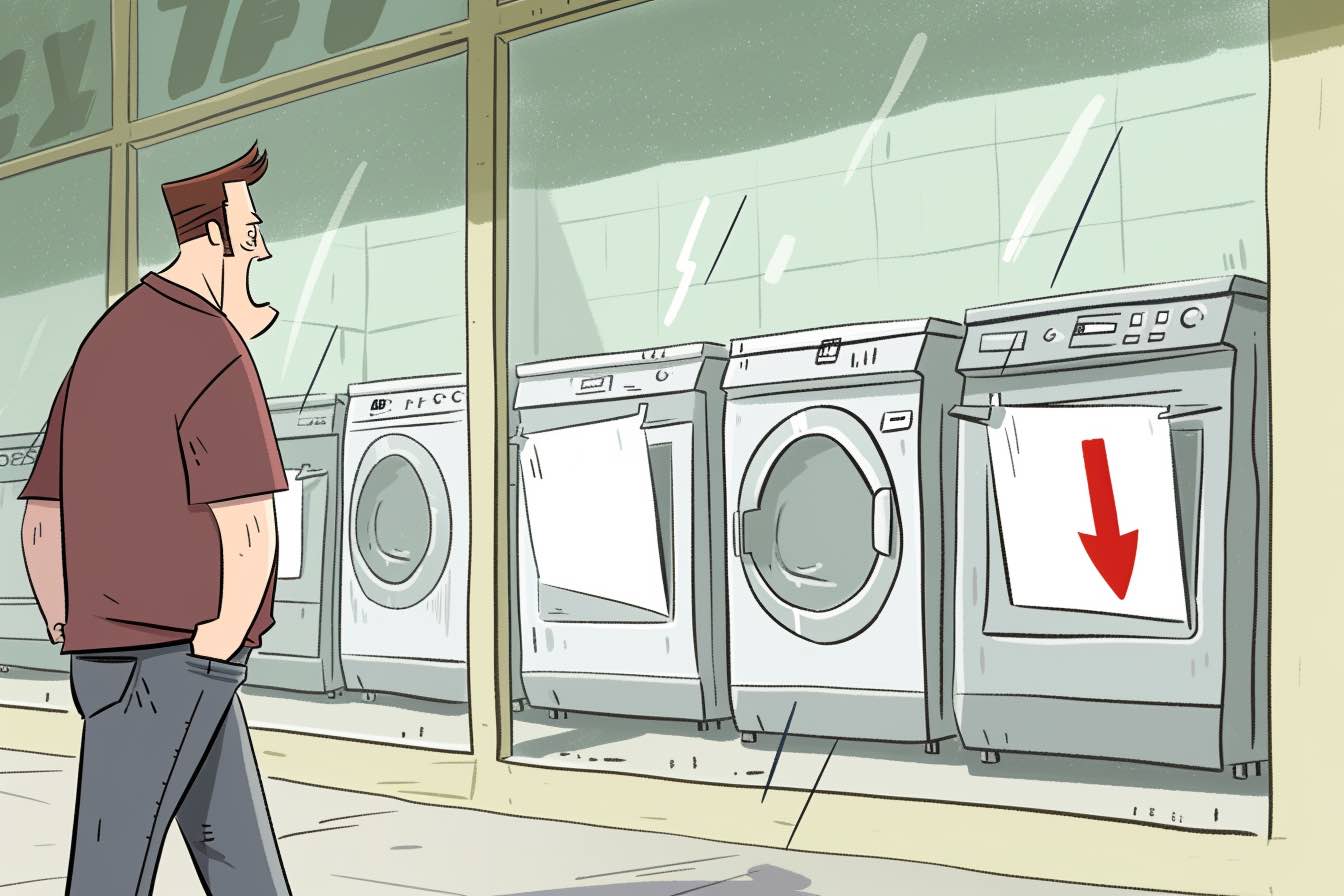For several years, I’ve operated a customer service directory on this site which contains the names, emails and addresses of company executives who can help consumers like you.
In the early days, I researched and published these names alone and at considerable risk, but now I’m lucky to work with a team of volunteers who make sure every name and address is up-to-date.
And that brings me to today’s cautionary tale about customer service, which may inform your next buying decision.
It all started with an email I received from an executive at a major appliance company, which shall remain nameless. I should add that the company has a reputation for selling sub-standard products and then leaving its distributors to clean up the mess. Not hard to guess who I’m talking about.
“Please remove my contact information from your website,” she demanded. “I am no longer in a position where I am able to assist with customers. These emails consume my inbox every day only to be deleted.”
Transparency and accountability
As a replacement, she offered a generic postal address and a toll-free number where customers could get in touch with the company.
That sparked a debate within our research team. It’s our policy to remove names only if the executive leaves the company or is no longer in a customer-facing position. According to this manager’s profile on LinkedIn, she was still very much in charge of dealing with customers.
Why bother publishing the names of these managers? Well, I wish that wasn’t necessary. When going through the normal customer-service channels fails, though, consumers need a way to appeal an issue, and telling them that an outsourced, offshore call center is the final word is simply unacceptable.
You have the right to take your case to a manager, and thanks to the First Amendment, I have the right to publish that person’s name. So there.
A clash of transparency
Our research director sent a polite reply to the manager: Please let us know who replaced you and we’ll change the name. The manager refused, inviting us to do our own research, and insisting that her name be removed.
As I review the correspondence between the team and this employee, I think what bothered me most was this: Instead of forwarding the inbound complaints to the right person, she just erased them.
I’d given this company the benefit of the doubt over many years of handling cases, ranging from broken clothes dryers to leaky washing machines that had ruined kitchen floors. But after hearing of the indifferent attitude of a manager who was, at least at one point in her career, in a customer-facing position, I made a mental note to never buy an appliance from that company.
For me, this served as yet another reminder that, like cockroaches scurrying from the light, companies with bad service reputations flee from the glare of openness and transparency. When they are confronted by their own customers, they simply push the “delete” button in an effort to make everything go away.
It’s inexcusable
It’s become something of a litmus test when I’m considering a purchase decision: How accessible is the company, when it comes to customer service? Are the names of its customer service managers and VPs in charge of the service department known? Do they answer their emails or simply forward them to the service department, which greets them with a boilerplate response?
In a perfect world, companies would freely disclose the names, direct phone numbers and email addresses of all their executives. They wouldn’t have to worry about anyone abusing these direct lines of communication. They’d only hear from happy consumers who were grateful for the excellent product or service that exceeded their expectations. (By the way, you can see the entire list of customer service executives here.)
But products are imperfect and so are people. I’m careful to recommend contacting an executive only as a last resort, and most consumers are respectful and follow my instructions. It’s disheartening when a manager admits to deleting these appeals. Maddening, actually. (Here’s how to fix your own consumer problems.)
The unsettling truth
Perhaps the best takeaway is this: If a company goes to great lengths to hide the names or contact information for its executives, maybe it’s hiding more. What they don’t want you to know can hurt you. (Here’s what companies don’t want you to know.)
Did the appliance manager executive trying to get off our list succeed? Yes and no. Her intransigence inspired my research team to dig harder and we found and published the names of several of her colleagues who were in a customer-facing position. Only reluctantly did we remove her name from the site.
Many team members felt that the ideal outcome would be another kind of deletion — specifically, erasing her name from the company’s payroll.




